Whether you are hitting the gym, a Zumba class, boot camp or a simple jog around your neighbourhood, what you eat before and after your workout can significantly impact your fitness goals. Although, as a casual exerciser you don’t necessarily need all sorts of fancy shakes and supplements to support your workout, a simple snack of real whole food is often all you need. By eating the right types of foods, at the right times, you’ll have more energy, be able to workout at a higher intensity and recover faster for your next workout.
As a dietitian, here are the top tips I give my clients regarding eating right both before and after your workout.
WHAT TO EAT BEFORE A WORKOUT
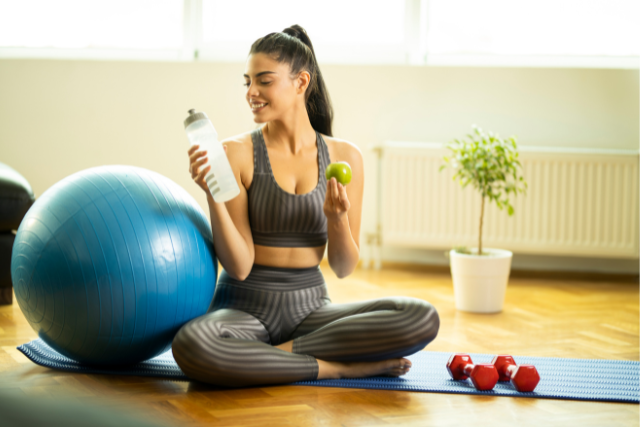
Eating something before your workout can have several benefits: it fuels your body with energy, boost your performance and decreases muscle protein breakdown.
1. Carbs are not devil
Carbs = energy. Carbohydrates are our bodies preferred use of energy. When we eat them, they break down into glucose and stored as “glycogen” in muscles and liver. During a workout, your body takes the glycogen, and converts it back to glucose in your blood so it can be used to fuel your workout. We feel fatigued when our glycogen stores get depleted. Appropriate carbohydrate intake is vital and will determine how much glycogen is stored in the body for use during workout. Choose complex carbohydrates, as it takes a slow and steady approach to releasing energy, such as whole grains, vegetables, fruits, and legumes.
2. Protein
Recent research shows that the total amount of protein you have during your workout day may be more important than if you eat your protein right after the workout to help you build and repair your muscles. You can divide protein intake into 3-4 meals or snacks that are evenly spaced over the day. Aim for about 15 to 25 g of protein at each meal and snack. Include protein from a variety of different food sources, such as lean meats, Greek yogurt, milk, egg, cheese, hemp seeds, tofu, legumes, nut butter, nuts/seeds.
3. Timing is the key
It is best not to eat immediately before a workout because while your muscles are trying to do their “works”, your stomach is trying to simultaneously digest the food in your stomach. These competing demands are a challenge for optimal performance and may cause you to experience some GI discomfort.
The ideal time to eat is between 30 minutes to 3 hours before your workout, depending on how your body tolerates foods. I recommend to experiment and see what time frame works best for your body. That way you are not still digesting when you hit the fitness class, but you haven’t gone and used all those helpful calories yet.
If your exercise is light, such as going for a casual walk or a quick bike ride, you may not need to fuel up first.
If you are working out first thing in the morning, you probably won’t be able to eat a whole meal before you hit the class. A small snack or mini-breakfast should be sufficient. I like to start sipping the smoothie an hour before I hit the gym, and finish the other half when I’m done. If you are exercising later in the day, I recommend having a small snack 30 minutes to an hour before your workout, or working out 2-3 hours after a well-balanced meal.
WELL-BALANCED MEALS
- Oatmeal with 1 tbsp of nut butter and 1/2 cup of berries
- 4 oz lean protein, 3/4 cup carbs (brown rice, quinoa) and 1 cup of stir-fry vegetables
- Omelette with veggies of choice (spinach, peppers, onion), 1/2 avocado on top, 1 slice of toast
- Whole Wheat Couscous Chickpea Salad
PRE-WORKOUT SNACKS
- Fruit smoothie (add veggies or Greek yogurt if you like)
- 3/4 cup plain Greek yogurt with 1/2 cup berries
- Apple or banana with 1 tbsp of nut butter (peanut or almond)
- 1-2 rice cakes topped with 1 tbsp of nut butter
- 1 serving of crackers with 1 serving of cheese or 2 tbsp of hummus
- 1-2 tbsp unsalted nuts and 2-4 tbsp raisins or other dried fruit (2 parts raisins: 1 part nuts)
- Family Friendly On-the-Go Granola Bar
- Chocolate Chia Power Balls
WHAT TO EAT AFTER A WORKOUT
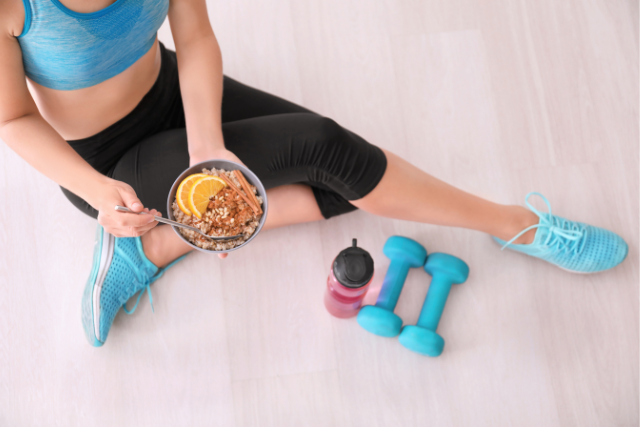
You need to eat after a workout. Period. Eating after a workout is all about replacing the calories you used up. For one, it is important to replenish the glycogen that has been depleted during your exercise. Secondly, eating protein after a workout is a must for a speedy muscle recovery, particularly after weight training. Plus, food contains electrolytes (potassium, sodium, etc), which you lose when you sweat.
When you don’t eat after a workout, you can end up fatigued and battling low blood sugar. You’re also inhibiting your body’s repair process. If you routinely skip eating after a workout, it will be harder to reach your fitness goals.
1. Eat right away
Ideally you want to refuel within about 30 minutes of working out to get those energy back up. If you aren’t able to eat a full meal right away, have a snack within 30 minutes of completing a workout, then a full meal 3-4 hours later.
2. Refuel with carbs and protein
After an energy-depleting workout, carbohydrates (to replenish glycogen stores) and protein (to stimulate muscle growth) are key components.
3. Don’t overcompensate
Here’s the thing, it’s really easy to overdo it with your post workout snacks, and end up eating or drinking more calories than you actually burned. That’s fine if you are trying to gain weight, but for those who want to lose or maintain their weight, this is counterproductive.
If you workout early in the morning, before lunch or dinner then a whole food meal (Any of the above pre-workout suggestions) would be the perfect and ideal way to refuel your body.
If you’re on-the-go and not having a meal for a few hours, here are a few post workout snack ideas:
- 1 cup of chocolate milk
- Fresh fruit
- 1 slice of whole wheat toast with 1 tbsp of nut butter and 1/2 sliced banana
- 1 slice of whole wheat toast with 1-2 hard-boiled eggs
- Crackers and Tuna
- 1 fruit and a handful of Almonds
- 2 hard-boiled eggs
HYDRATION
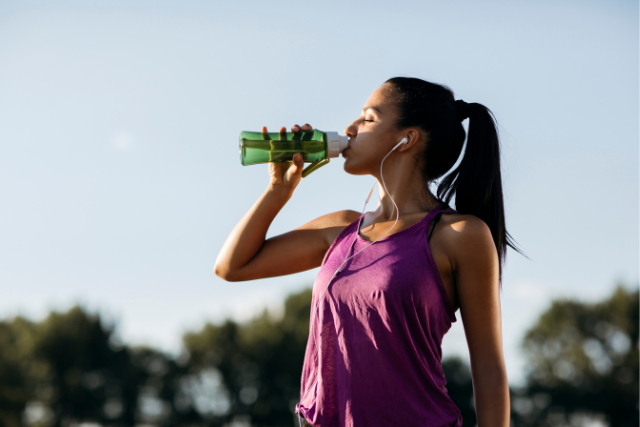
A healthy adult needs about 2.2 to 3 L (9 to 12 cups) of fluids every day. Being active increases your needs due to the fluids lost through sweat. Depending on the workout you do, its intensity, the weather and your individual sweat rate, you could lose anywhere from 0.3 to 2.4 L of sweat per hour.
Dehydration happens when fluid losses due to sweating are not replaced. This can leave you overheated, tired and hurt your performance. Signs of dehydration are thirst, dizziness, headache, fatigue, muscle cramps or spasms. Severe dehydration increases the risk for heat illness and heat stroke.
Check the colour of your urine. Plenty of pale yellow (e.g. lemonade colour) urine is a sign you are well hydrated. Producing only a small amount of dark yellow (e.g. apple juice colour) urine could mean that you are dehydrated.
A good place to start is drinking about 2-3 cups of water 4 hours before workout and 1-2 cups of water 2 hours before working out. You should try to stay hydrated throughout your workout.
Replenishing the fluids you lost while sweating as soon as you can is even more important than eating right away. Don’t stop drinking just because you’re done.
If you lose any weight immediately after workout, it’s actually water loss from your body, so drink 1. 5 L of fluid for every kilogram lost.
BOTTOM LINE
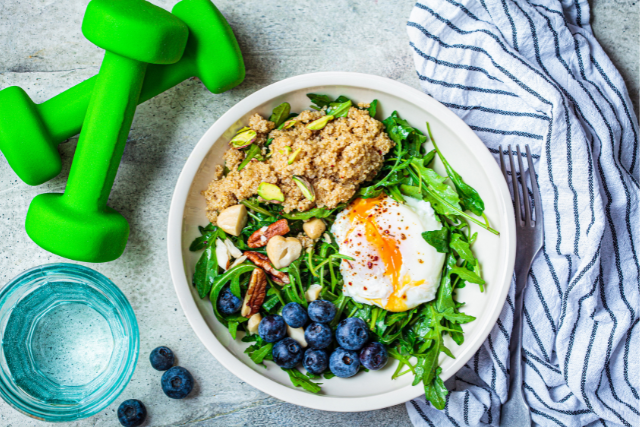
Pre Workout Meals
- Enjoy a balanced meal 2-3 hours pre-workout
- Have a snack with complex carbohydrates 30-60 minutes before exercise only if you’re hungry or if your workout lasts more than an hour
- Stay hydrated.
Post Workout Meals
- Stock up on complex, high glucose carbohydrates immediately
- Within 2 hours of activity, include complex carbohydrates and protein to enhance glycogen replacement, and help build and repair your tired muscles.
- Again, stay hydrated!
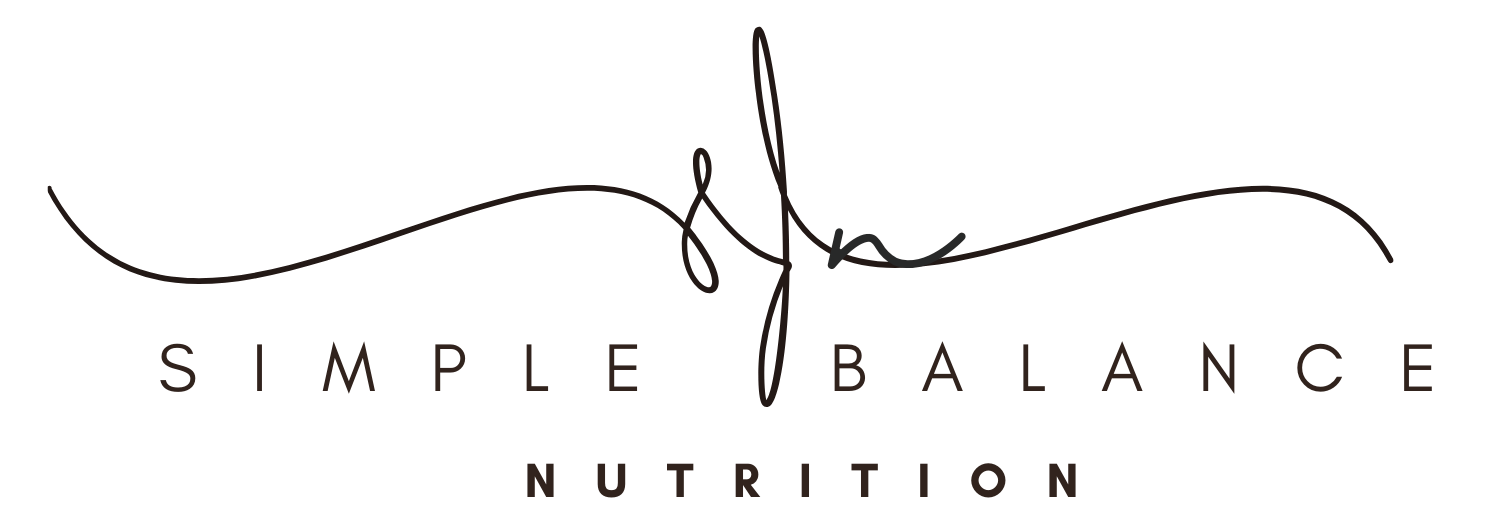
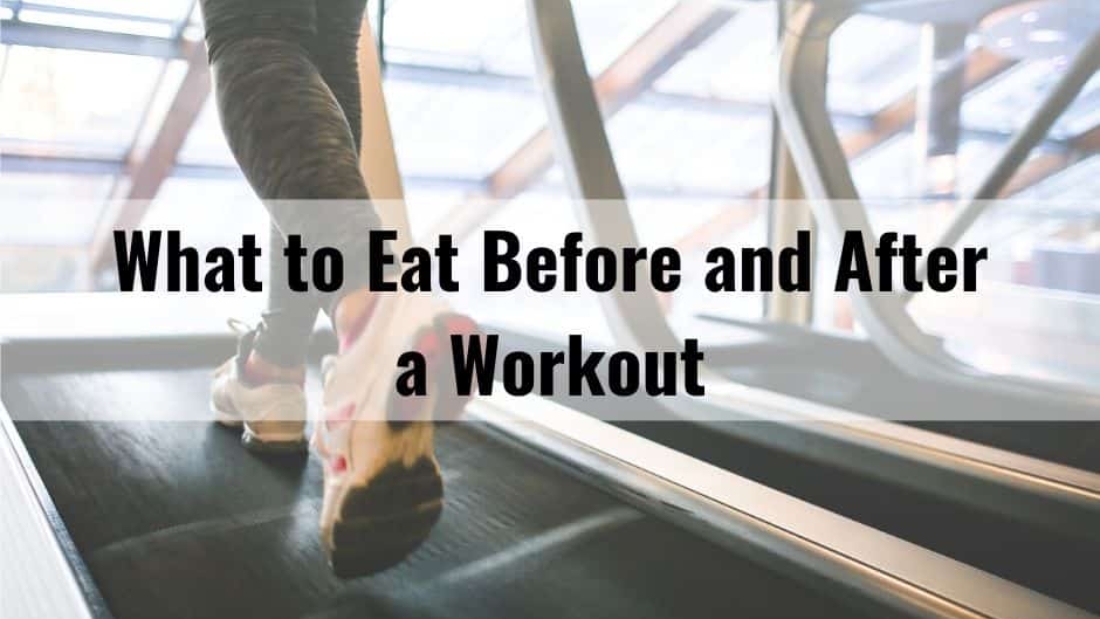
Leave A Comment